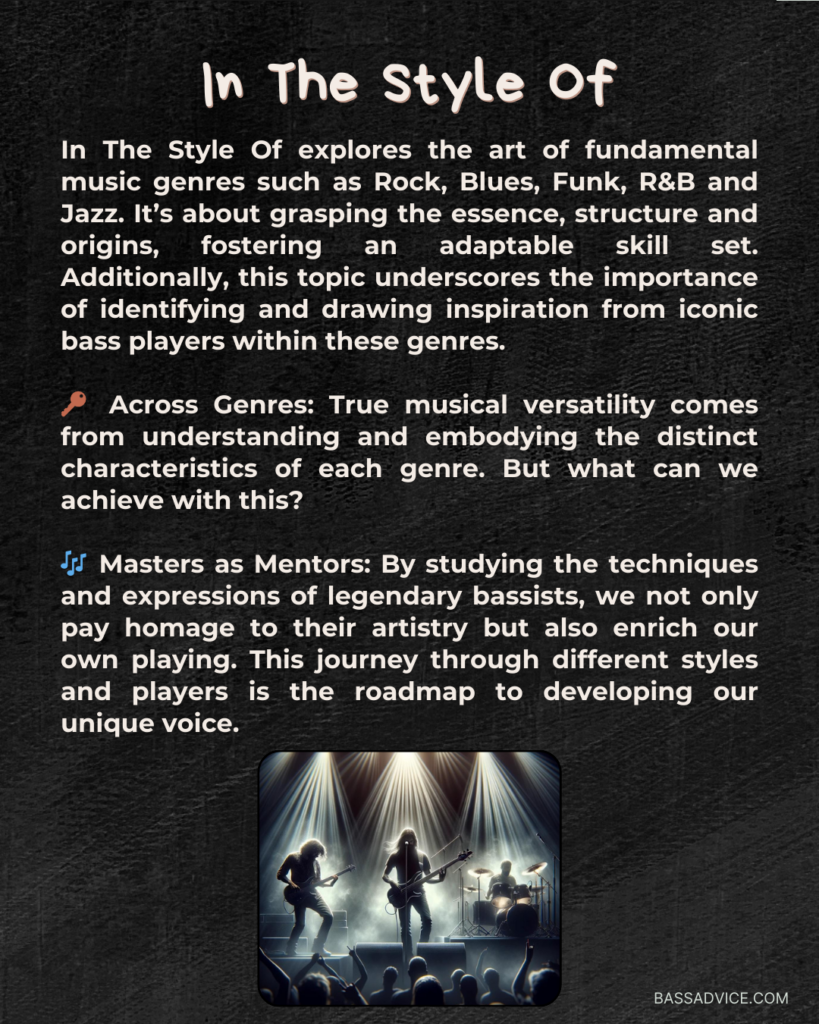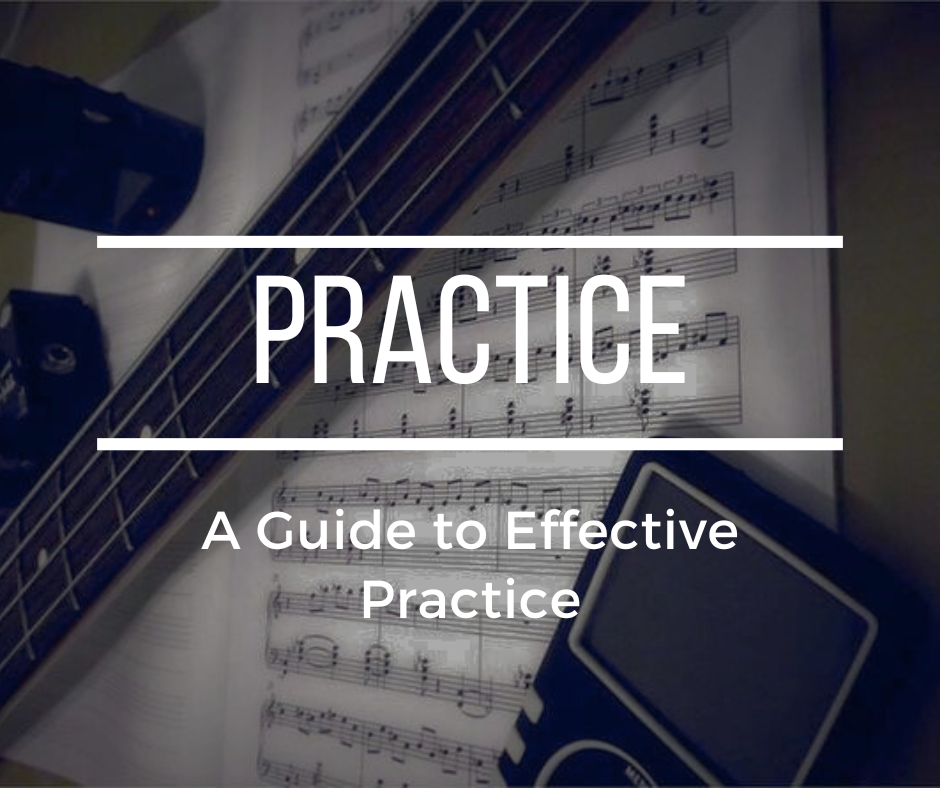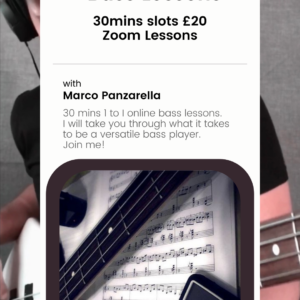Embarking on a journey to master the bass guitar is an adventure that requires dedication, patience, and a strategic approach to practice. I will show you a blueprint for this journey but also transform the way we approach practice, turning it into a productive process.
Foundation of Practice
At the heart of effective practice is the understanding that quality trumps quantity. Spending hours aimlessly on the instrument can be less beneficial than focused, goal oriented sessions. This study plan begins with this premise, structuring practice into targeted exercises that cover essential techniques and musical concepts.
Fret Mastery: Learn how to dominate the fretboard with exercises for notes, scales, and chords. To further enhance your skills, visit Bass Guitar Fretboard Tips.

Technical Skills: Refine crucial skills, from finger techniques to dynamic playing. For techniques, see my posts on Improving Bass Guitar Technique.

Rhythmic Precision: Strengthen your timing and improve your rhythmic playing, become the heartbeat of the band.

Harmony and Creativity: Harmonise your playing with a deeper musical understanding. Expand your harmonic language with insights from Bass Harmony.

Groove and Feel: Master the art of grooving. For a deeper dive into laying down great grooves, explore The Essence of Bass Groove.

Improvisation as a Tool: Unlock your creative potential through improvisation. Learn to express yourself freely on the bass with my Bass Improvisation Posts.

In The Style Of: Capture the essence of different musical genres and bass legends on your bass.

Personal Growth through Practice
The most profound message is the encouragement to find your own voice on the instrument. This involves not just practicing what is prescribed, but also experimenting and creating your own exercises based on your musical tastes and goals. It’s about making practice personal and relevant to your journey as a musician.
Practicing the bass guitar is not a mundane task but a thrilling expedition to discover your musical voice. By approaching practice with intention, focusing on technical skills, rhythm, harmony and creativity, you unlock the full potential of your instrument. Remember, the goal of practice is not just improvement but also enjoyment and personal expression. Let your practice sessions be a space where discipline meets creativity, leading you to become not just a bass guitarist but a true musician.
Study Plan Blueprint
To help you efficiently absorb and apply this knowledge, I’ve created a study plan template. This isn’t just another practice schedule; it’s a framework designed to be applied across all topics covered in my eBooks and any other material you wish to study.
This template is built on the principles outlined in my program, focusing on structured practice, technical improvement, and musical exploration. Whether it’s Pentatonic scales, groove patterns, or improvisation techniques, the template provides a clear, step-by-step approach to practicing.
Use this template as your personal practice blueprint. It’s flexible enough to adapt to any study topic, ensuring that you’re not just going through the motions, but making meaningful progress in your bass playing journey. Let’s get started on turning these lessons into tangible skills and musical expressions.
Bass Advice – How To Practice
My recommendation is to focus on a single topic each week, immersing yourself in various exercises centered around that topic. If there are more than one topic within the same module choose only one. This study program will cycle back so take your time and enjoy your practice sessions.
How to Practice Fret Training
Here’s an example for Fret Trainer week.
Week One: Monday to Friday
- Pentatonic Shapes – Start by exploring the different shapes of the pentatonic scale.
- Pentatonic Applications – Learn how these shapes fit into different chords and the different options available.
- Pentatonic Patterns – Practice various patterns to build dexterity and familiarity.
- Pentatonic Fills – Learn fills and use them in your playing to add creativity.
- Practical Application – Take a groove you enjoy and apply all the concepts you’ve practiced throughout the week.
Please use the same method for all scales studies. The following week, you’ll move on to different module following the same approach. I’m confident that this structured approach will revolutionise the way you practice. It’s designed to help you seamlessly integrate different concepts into your live playing.




